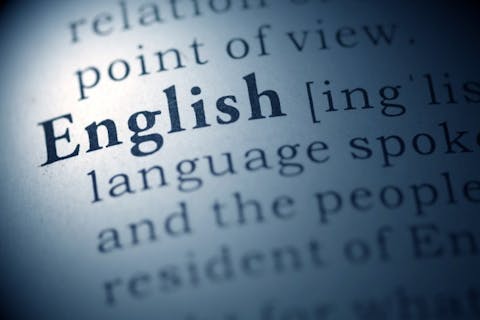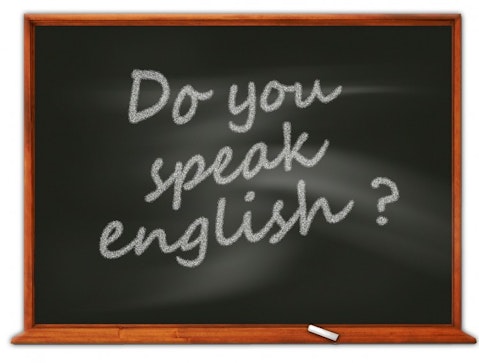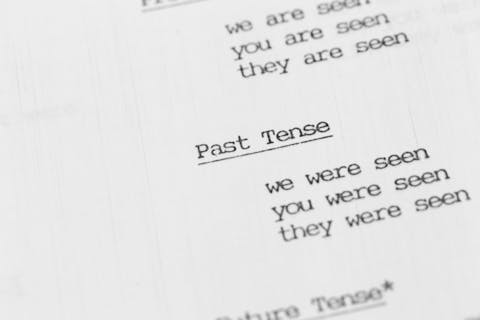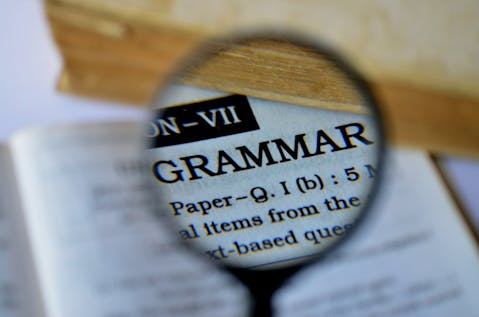For Japanese English learners, these common English mistakes made by Japanese speakers are hard to avoid. Let’s admit it; English can be a tricky language! Even native speakers experience pitfalls like the 11 Common English Mistakes Made by Native Speakers. But especially for Asian learners the major roadblocks are in the form of huge grammatical differences. Most of the structures are different and putting all their language sensibilities in an entirely new mould can be rather tough.
I’ll speak from experience from having taught Asian students myself. They often make some typical mistakes, sometimes trying to literally translate from their native tongues. And, sometimes it is also the quirks of the English language that is hard to explain to them and even harder for them to remember and incorporate. And, then there are the nightmares of pronunciation! No matter how you try, there can be no logical explanation for that “T” in “often” or the “P” in “psychology”!

XiXinXing/Shutterstock.com
Among Japanese speakers, there is also the tendency to use “Jenglish” or Japanese-influenced English which is quite familiar to them but can totally stump other English speakers who might identify it as a very different language altogether! Some Japanese speakers are also too keen to follow the rules of the language to the tee, which might make it sound too artificial for a real conversation.
Well, in reality everybody makes mistakes and it is actually very hard to learn a foreign language and use it correctly. The most typical mistakes can also be avoided if you know when you are making them. And, so what if you do end up making a few mistakes in the process as long as you are willing to explore? A nudge in the right direction and enough practice is the key to start speaking a language perfectly. That is why we made this list by searching through over a dozen of websites, language courses and blogs to settle for the commonest mistakes that Japanese speakers make and ranked them accordingly.
Let’s take a look at some of the most common English mistakes made by Japanese speakers!
11. “Can” vs. “Do”
Chance of Error: 20%
Some Japanese speakers might use the word “Can” way more than they should be using it. They fail to recognize where the “Do” is needed instead, and that can change a meaning entirely. For instance – “Could you drink the water?” instead of “Did you drink the water?”

wavebreakmedia/Shutterstock.com
10. Confusing words like “Most-Almost” and “Ever-Never”
Chance of Error: 25%
The mistakes can be in the form of vocabulary and confusing simple words and words being wrongly used. Some Japanese tend to use words like “Almost” and “Most” interchangeably. Another classic example is “Many” and “Much”
For example: “There are much people out there”.

Feng Yu/Shutterstock.com
9. Short Forms
Chance of Error: 30%
Often “Jenglish” includes too many short forms and coined words that can be beyond the non-Japanese. While words like “anime” for “animation” makes more sense to the world now, “remokon” for “remote control” or “apart” for “apartment” can be rather confusing.

8. Word to Word Translations
Chance of Error: 40%
A lot of Japanese speakers try to translate word to word Japanese into English to dire results. Since the two languages have totally different grammatical structures, this can prove rather awkward.
For example – “Is your phone running?” instead of “Is your phone working?”

7. Singulars Vs Plurals
Chance of Error: 45%
Let’s not even get into the exceptions of in singulars and plurals. The adding of too many “s-es” in one sentence can be confusing to Japanese speakers. Like in the case of – “Cat and dog are beautiful animals”.

SK Design/Shutterstock.com
6. Tenses
Chance of Error: 50%
Another common English mistake made by Japanese speakers is using a wrong tense. The “had-had been” and “go-went” always have the best of them scratching their heads sometimes.

Thermchai/Shutterstock.com
5. Subject Object Verb
Chance of Error: 55%
Since Japanese uses the SOV structure rather than the SVO as in English, they end up using it in similar form even in their English sentences. For instance – “I food cook” instead of “I cook food”.

4. Locative Prepositions
Chance of Error: 60%
Prepositions are cruel! And the cause of major concern for the Japanese. A lot of Japanese speakers seem to have an aversion to them and especially omit the locative preposition like “I often go that restaurant”. But, sometimes they also mistakenly add a preposition to sentences like “Let’s go to shopping”.

Creativa Images/Shutterstock.com
3. Articles
Chance of Error: 70%
“The” and “A” and wherever they arrive are very confusing to most Japanese speakers. Sometimes they are totally absent from sentences while other times they are wrongly used in each other’s places.

KPG Payless2/Shutterstock.com
2. Adding syllables
Chance of Error: 80%
A pronunciation error that most Japanese speakers make is adding an extra syllable at the end of words. They tend to add a “o” or a “u” sound at the end of most words that end in a consonant. Like “testo” in place of “test”.

1. R and L
Chance of Error: 90%
Since the phonologies of the two languages are very different most Japanese speakers have difficulty in pronouncing certain letters and use them interchangeably. Like the sound of “r” and “l” or “p” and “b”. It is one of the most common English mistakes made by Japanese speakers.






